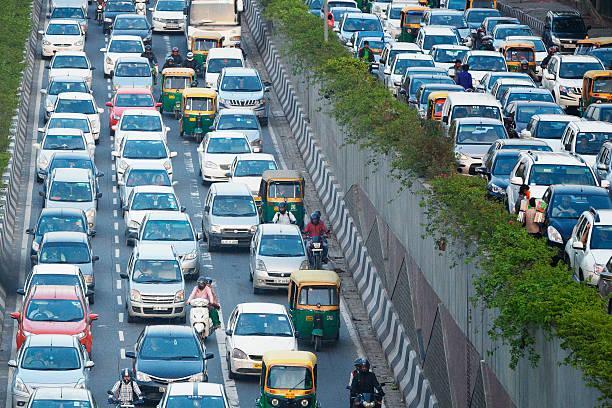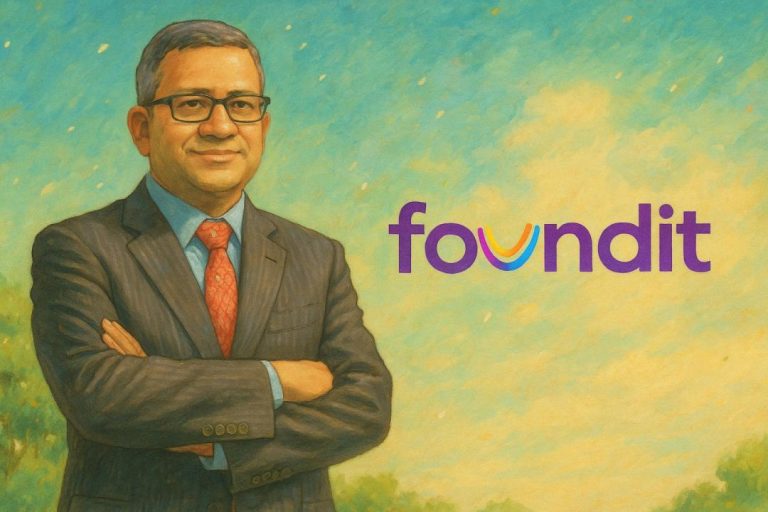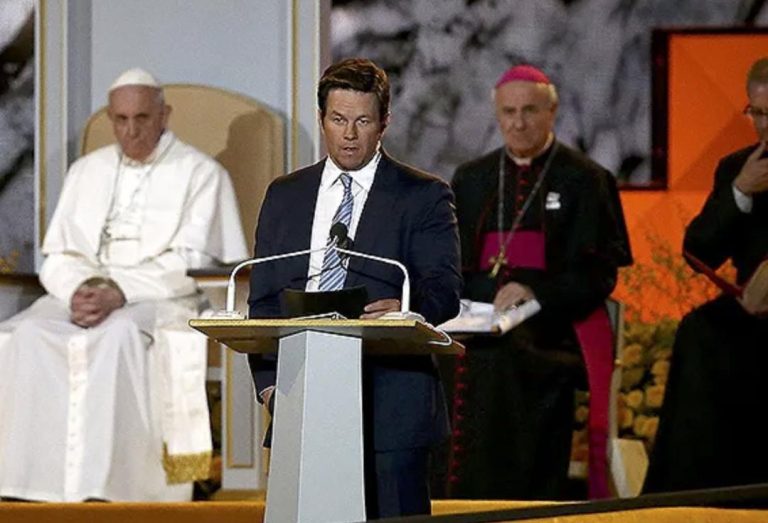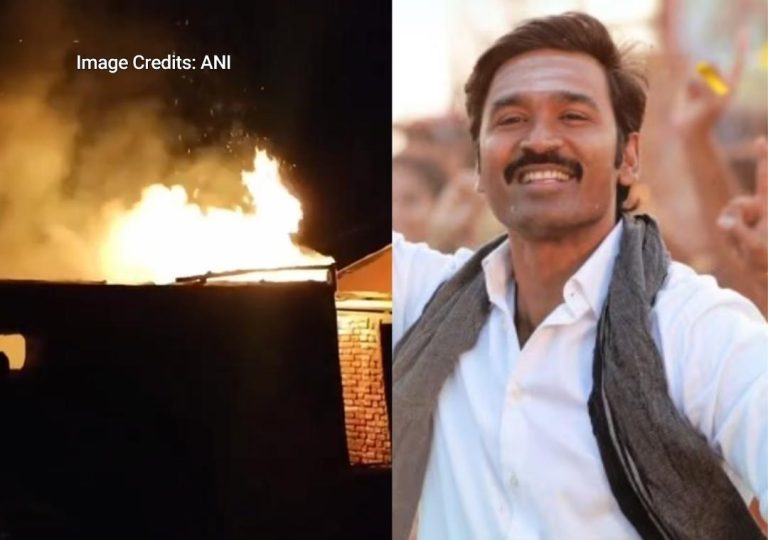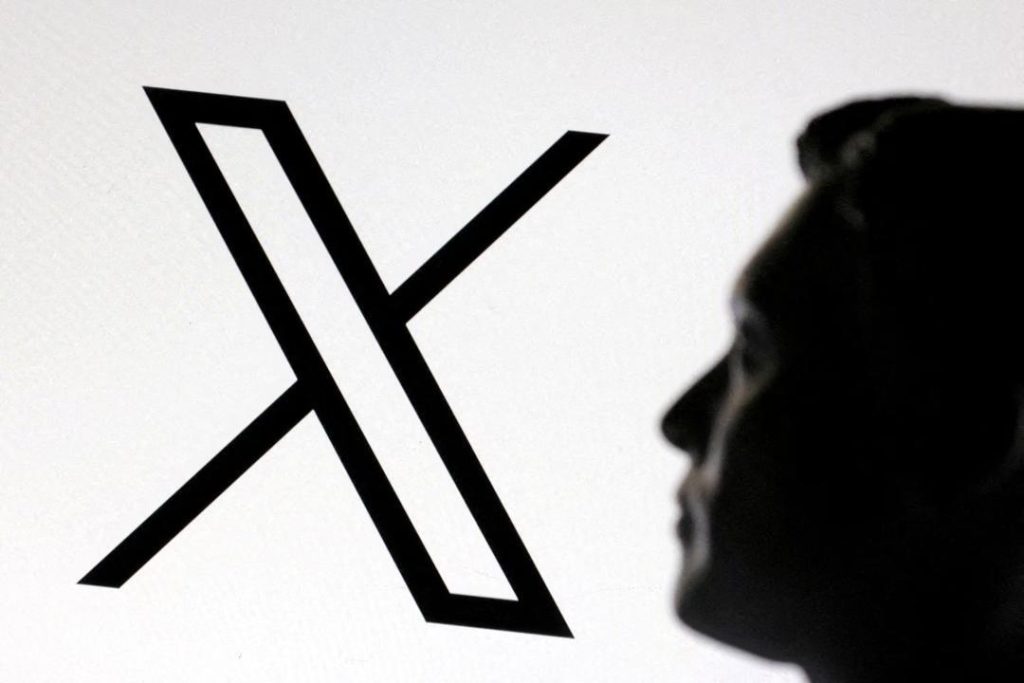
Why Has X Sued the Indian Govt?
In a recent development, the Elon Musk-owned social media platform, X (formerly Twitter), has moved the Karnataka High Court against the Indian government, accusing it of misusing a provision of the Information Technology (IT) Act, 2000. Specifically, X has taken issue with the government’s use of Section 79 of the IT Act, which deals with intermediaries’ liability for user-generated content.
In a petition filed by X, the company has claimed that the Indian government is using Section 79 to illegally moderate social media content and order its removal. This, X argues, is a violation of an earlier Supreme Court ruling that limited the scope of the provision.
So, what exactly is Section 79 of the IT Act, and why has X challenged the government’s use of it? In this blog post, we’ll delve into the details of the controversy and explore the implications of X’s lawsuit.
What is Section 79 of the IT Act?
Section 79 of the IT Act, 2000, deals with the liability of intermediaries, such as social media platforms, for user-generated content. The provision states that intermediaries are not liable for any third-party information or data made available by them, as long as they do not initiate the transmission of such information and do not select the recipient of the information.
In other words, Section 79 provides a safe harbor for intermediaries, shielding them from liability for content created and shared by their users. However, the provision also requires intermediaries to remove or disable access to any information that is found to be offensive, harmful, or illegal.
The controversy surrounding Section 79 arises from the government’s interpretation of the provision, which X claims is being misused to suppress freedom of speech and expression. The government, on the other hand, argues that Section 79 is necessary to block and remove harmful content from social media platforms.
Why has X challenged the government’s use of Section 79?
X’s petition to the Karnataka High Court alleges that the government is using Section 79 to order the removal of content that is not illegal or harmful, but rather political or critical of the government. The company claims that this is a violation of the earlier Supreme Court ruling in the Shreya Singhal vs. Union of India case, which limited the scope of Section 79 to only apply to illegal content.
X’s lawsuit also argues that the government’s use of Section 79 is contrary to the principles of natural justice and is an arbitrary exercise of power. The company claims that the government is not providing any reasonable grounds for blocking the content, and that the blocking orders are issued without any prior notice or opportunity to the content creators.
What are the implications of X’s lawsuit?
X’s lawsuit against the Indian government has significant implications for the future of online freedom of speech and expression in India. If the government’s use of Section 79 is upheld, it could lead to a chilling effect on online discourse, with social media platforms becoming more cautious about posting content that may be critical of the government.
On the other hand, if X’s petition is successful, it could set a precedent for other social media platforms to challenge the government’s use of Section 79 and protect the rights of their users. The lawsuit could also lead to a re-examination of the IT Act, 2000, and the need for stronger safeguards to protect online freedom of speech and expression.
Conclusion
X’s lawsuit against the Indian government is a significant development in the ongoing debate over online freedom of speech and expression in India. The controversy surrounding Section 79 of the IT Act, 2000, highlights the need for a nuanced understanding of the provision and its limitations.
As the case unfolds, it will be interesting to see how the Karnataka High Court interprets Section 79 and whether the government’s use of the provision is upheld or challenged. One thing is certain, however: the implications of this lawsuit will have far-reaching consequences for the future of online discourse in India.
